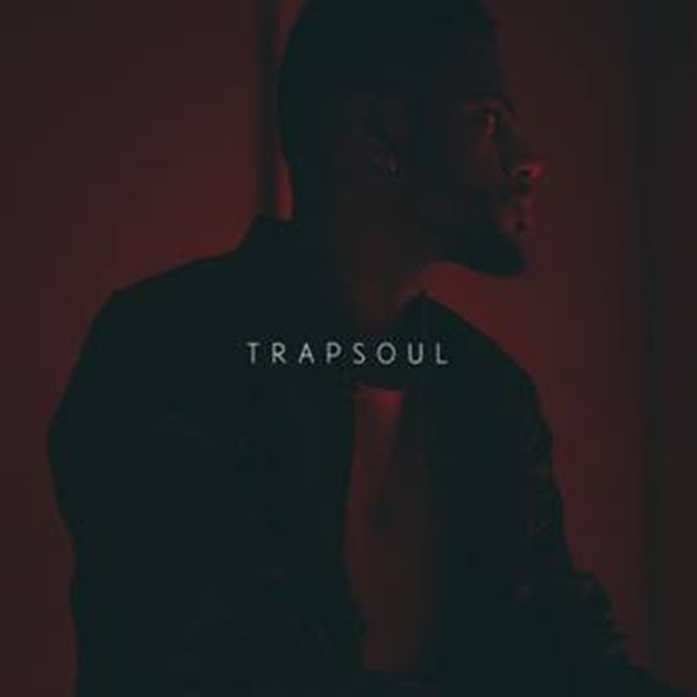The self-proclaimed “hottest from [Lousiville] since Muhammad Ali,” Bryson Tiller, released his debut album Trapsoul as an Apple Music-exclusive late last month after an exciting and timely ascent to fame on the Soundcloud and blog circuit. In June, rumors began circulating that Tiller would become the latest in a growing line of up-and-comers to sign to hip-hop giant Drake’s October’s Very Own record label. After the rumors fizzled, people grew confused about the status between Tiller and Drake.
It was public knowledge that Drake liked Tiller’s music — specifically his viral smash “Don’t,” which, as of the writing of this article, has more than 26 million plays on Soundcloud — so why didn’t they follow through? While many would assume that Drake lost interest or became too busy touring and releasing a joint album with 2015’s undisputed hottest rapper, it was, in fact, Tiller, who called the whole thing off and instead decided to sign a deal with RCA Records. In a recent interview with rap blog Hot New Hip Hop, Tiller explained he wanted to focus on his own brand, and — despite the utmost respect and affection for Drake (he likens him to a big brother) — he felt that signing to October’s Very Own would leave him cast forever in Drake’s shadow.
Time will tell if this was a wise decision, but it’s not a surprise that Drake took an honest liking to Tiller’s music in the first place. In fact, many of the songs on Trapsoul sound remarkably similar to Drake’s earlier mixtape work, specifically “Comeback Season” and some of “So Far Gone.” Although Tiller doesn’t attempt to incorporate indie influences like Lykke Li or Peter and Bjorn like his predecessor did, he does — quite effortlessly — synthesize other aspects of current popular music. Trapsoul represents the culminating fusion of two key trends that have emerged in hip-hop over the last few years.
The album draws equally from Chicago’s trap/drill sound and the sing-song rap that — although initially pioneered by Kanye West’s unmeasurably influential 2008 release “808s and Heartbreak” — is currently run by such artists as Post Malone, Ty Dolla $ign, and even Yung Lean’s Sad Boy crew. It is not a surprise Tiller has so much buzz right now; it would be difficult to create an artist more perfectly representative of hip-hop in 2015 than Tiller if you were given a lab and a crew of the world’s foremost geneticists.
While Tiller’s sound finds many of its touchstones in hip-hop, his growing popularity also echoes the recent emergence of country/rap crossover artist Sam Hunt and his 2014 album Montevallo. The appeal of each artist is very similar, both finding their key demographic to be genre-fluid millennials looking for catchy songs whose style skirts the line between conventional pop and more independent music. Tiller’s come-up on social media and music streaming services is, if nothing else, a testament to the times and the current musical climate, and his sound acts much in the same fashion.
Standout tracks like the aforementioned “Don’t,” “Exchange,” and the declarative “502 Come Up” are where Tiller’s style feels the most honest, and his delivery the most effortless. However, as is typical with a young artist, many moments feel as if Tiller is trying too hard to meet expectations and stick with the “Trapsoul” label he assigned to the album. “Been That Way” and “Sorry Not Sorry,” for example, find the artist sounding trapped within the parameters he set for himself, and as a result the sound begins to come across as forced and the lyrics somewhat awkward, contrived, and tiresome.
The high points on the album are enough to further advance Tiller’s come-up, though, and it would be foolish to count the success of “Don’t” as anything less than a preview of things to come for the young artist.



